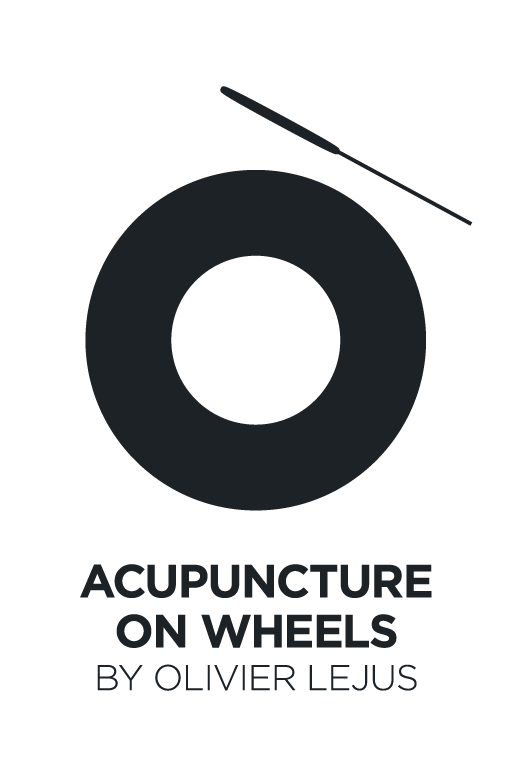How to Balance Depression and Lifestyle
One the consequence of our hectic lifestyle is the increased amount of stress that we have to absorb on a daily basis. Gradually, our nervous system becomes overloaded with this constant stimulus, leaving us depleted and unable to cope. In my last article on mindfulness, I mentioned the use of that meditation technique for the management of depression disorders. In the next few months, I will look at a different approach, and explore the treatment of this increasingly common mental condition with Traditional Chinese Medicine.
According to one of the principles of this ancient medical framework, each of the main organs in our body is associated with a specific emotion. By treating the specific organ which is affected, we can harmonize a person’s emotional state. In a similar fashion, the treatment of the person’s emotional state will in turn improve the function of its related organ. Obviously it is only when the expression of these emotions becomes excessive that our health is affected, but we see the heart being associated with excessive joy, the spleen with worry, the lungs with sadness, the kidneys with fear, and the liver with anger.
In oriental medicine, health is achieved when the flow of energy (Qi) and blood in the body is harmonious. Throughout our lives, we receive a combination of several sources of Qi, starting from the genetic inheritance from our parents (stored in the kidneys) to the food that we eat (stomach and spleen), and the air that we breathe (lungs). It is the liver which is responsible for the optimum circulation of this vital substance. This organ has two important functions: the circulation of the free flow of Qi, and the storage of the blood. So, the liver nourishes the nervous system, and regulates its supply of Qi and blood according to its emotional needs. Which explain its influence on our mental wellbeing.
When the liver is functioning properly, the Qi will flow unrestricted, and the person will be healthy in body and spirit. The increased nervous tension will be released thru verbal expression, or physical activity and the emotional balance will be maintained.
Unfortunately, if this tension is not released, the nervous system will continue to call upon the liver for further nourishment. Soon, the musculo system, which has been unable to relax, will be in urgent need for extra Qi and blood supply. Gradually the liver storage of blood will become depleted, the circulation of Qi interrupted, and this organ will be no longer able to maintain its essential role in maintaining the body homeostasis.
When the energy stagnates in that organ, the person’s emotional state will be affected not only with anger, but feelings of frustration, irritation, and resentment. This blockage of Qi will also be manifested with a sensation of tightness in the chest, sometimes there will be uncomfortable lump in the throat with difficulty swallowing, or the person will be sighing frequently, in a forlorn attempt to expel this unwelcome constriction. This is what we described as a pattern of Liver Qi stagnation.
If it is not treated, the body being a living organism, a change will occur, and the constricted liver energy will start to rise upward with a built up of heat. The individual affected will now be complaining of frequent headaches. He could have become very short tempered, flying of the handle for the slightest reason. We can find ample evidence of this emotional pattern on the week ends, when seasoned drinkers start punishing their liver in the pubs with great enthusiasm. Soon a transformation takes place, and their merry mood quickly turns sour. They become irritable and aggressive, and often it only takes a quick spark before punches are being thrown. This is liver yang rising. The constricted liver Qi becomes heated up by the warming nature of the ingested alcohol, and rise to the head, like the steam in a pressure cooker.
In addition, one of the function of the Liver associated with its regulation of Qi, is the ability to make decisions, to be able to adapt to life changes, like a military commandant who knows when to advance, and when to retreat. The liver belongs to the wood element, so ideally it should be like a piece of bamboo, strong, but able to bend to the wind. When that organ is in disharmony, the person who is affected will lose that compliance, and will soon become authoritarian, inflexible and domineering. Once again a picture of an army chief comes to mind.
If there is a deficiency in the liver ability to regulate its energy, it is expressed by the patient’s inability to make decision. We have probably all met some of these people, who are always full of wonderful plans. Although they are often very capable, they never accomplish very much, because they are unable to turn these into actions.
When that incapacity to make changes turns to frustration, it becomes fertile ground for the noxious weed of depression to start sprouting its ugly shoots. This is what I propose to explore in my next column in this magazine in a month’s time.

